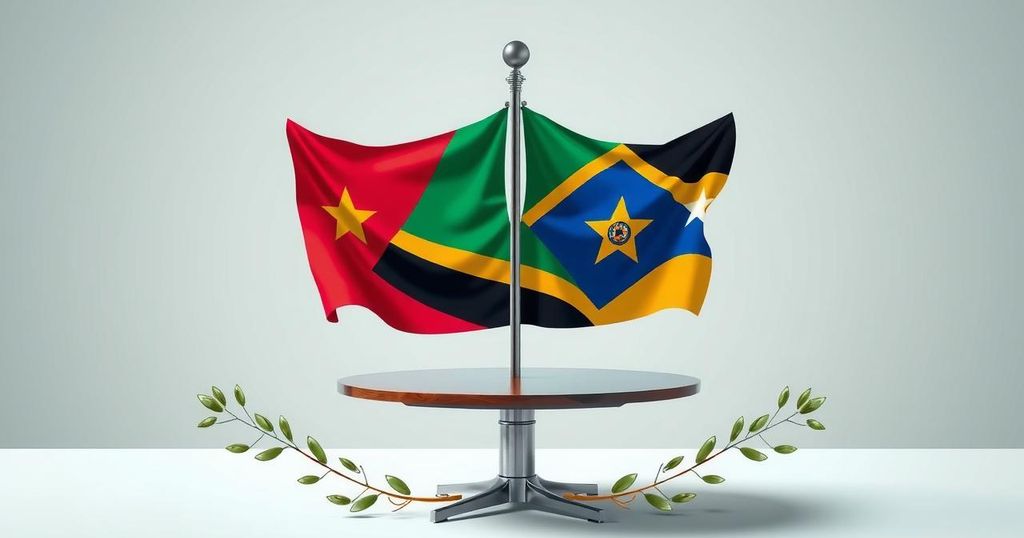The US government’s intention to impose visa sanctions on nations that utilize Cuban medical missions has caused concern among Caribbean states, notably Guyana. Vice President Bharrat Jagdeo called for CARICOM leaders to jointly engage with the US regarding these new policies, which threaten the long-established support from Cuban medical brigades vital to regional healthcare. The implications are far-reaching and necessitate a collective response from Caribbean countries.
The issue of US sanctions for countries utilizing Cuba’s medical assistance has raised significant concerns among Caribbean nations, particularly Guyana. Vice President Bharrat Jagdeo emphasized the necessity for leaders within the Caribbean Community (CARICOM) to collaboratively address the implications of these sanctions with the United States government.
Recently, US Secretary of State Marco Rubio announced intended visa sanctions targeting foreign government officials who support Cuba’s overseas medical missions. This policy will also apply to their immediate family members, affecting numerous nations that have historically relied on Cuban medical support.
Vice President Jagdeo noted that this matter is not exclusive to Guyana, as it poses a threat to the broader Caribbean region and other countries globally that benefit from Cuban medical brigades. He clarified, “This is not a Guyana in-put, it is a regional issue… it will affect every country in our region, every single country, not just in CARICOM.”
The Vice President shared that CARICOM heads of government have recognized the importance of nurturing a positive relationship with the Trump Administration. A consensus has formed around engaging directly with US officials to discuss regional perspectives and concerns.
Guyana and other nations have long benefitted from the medical services provided by Cuba, which have contributed positively to healthcare delivery across the Caribbean. With these new sanctions, regional leaders will seek dialogue with the US on various pressing issues, including trade and immigration policies.
The Trump administration has criticized Cuba’s labor practices, claiming that the Cuban regime exploits medical personnel through coercive labor conditions. The State Department has stated that Cuba’s overseas medical missions enrich the government while depriving its citizens of necessary healthcare.
In conclusion, the potential imposition of US sanctions related to Cuban medical missions poses a serious concern for Caribbean nations, particularly Guyana. Vice President Bharrat Jagdeo highlights the need for regional leaders to engage with the US to address these implications collectively. Given the long-standing reliance on Cuban medical brigades, this issue transcends national boundaries and necessitates a unified response from CARICOM countries. As discussions progress, pivotal topics such as trade and immigration policies will also be prioritized, reflecting the broader impact of US-Cuba relations.
Original Source: newssourcegy.com




